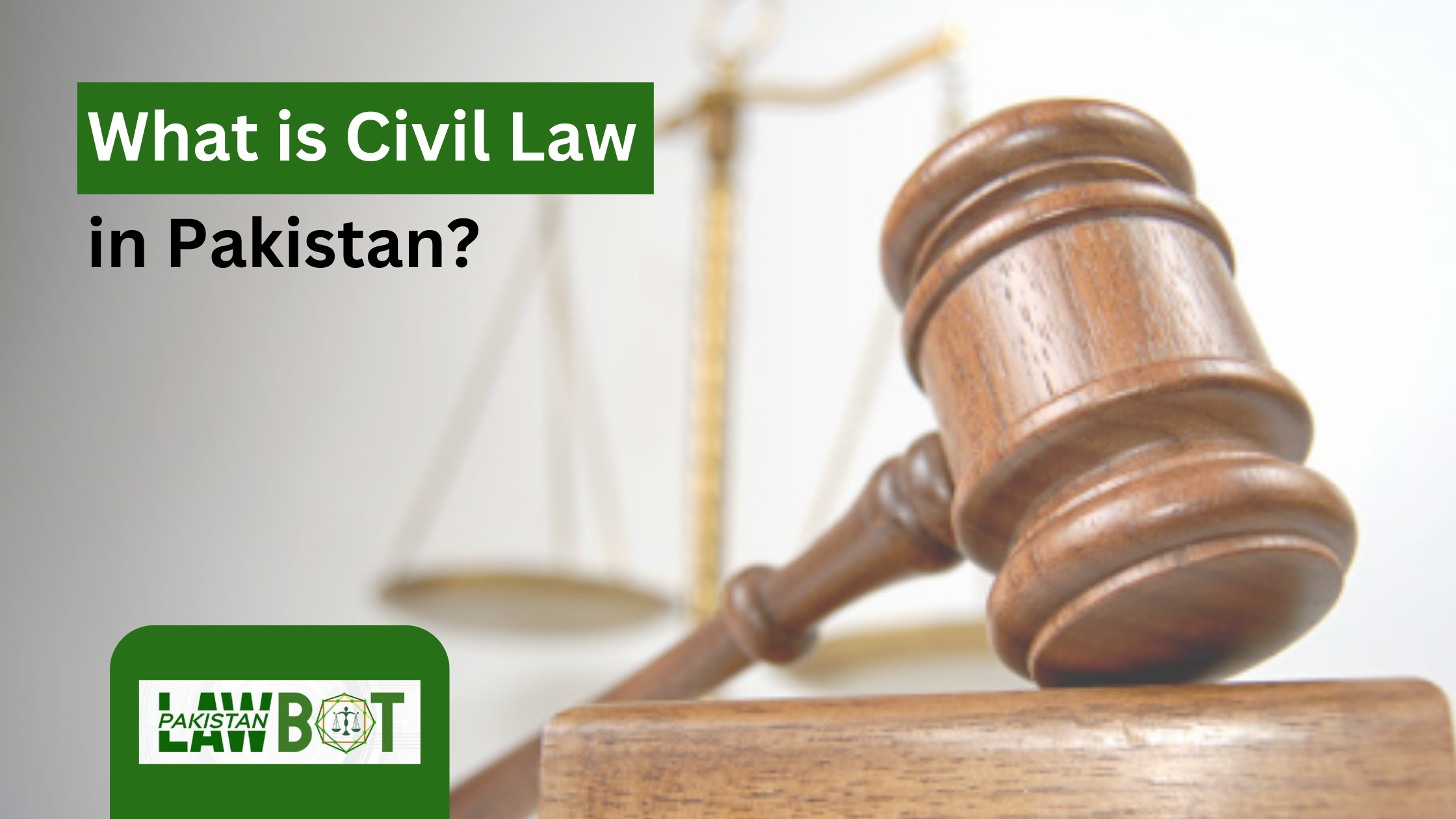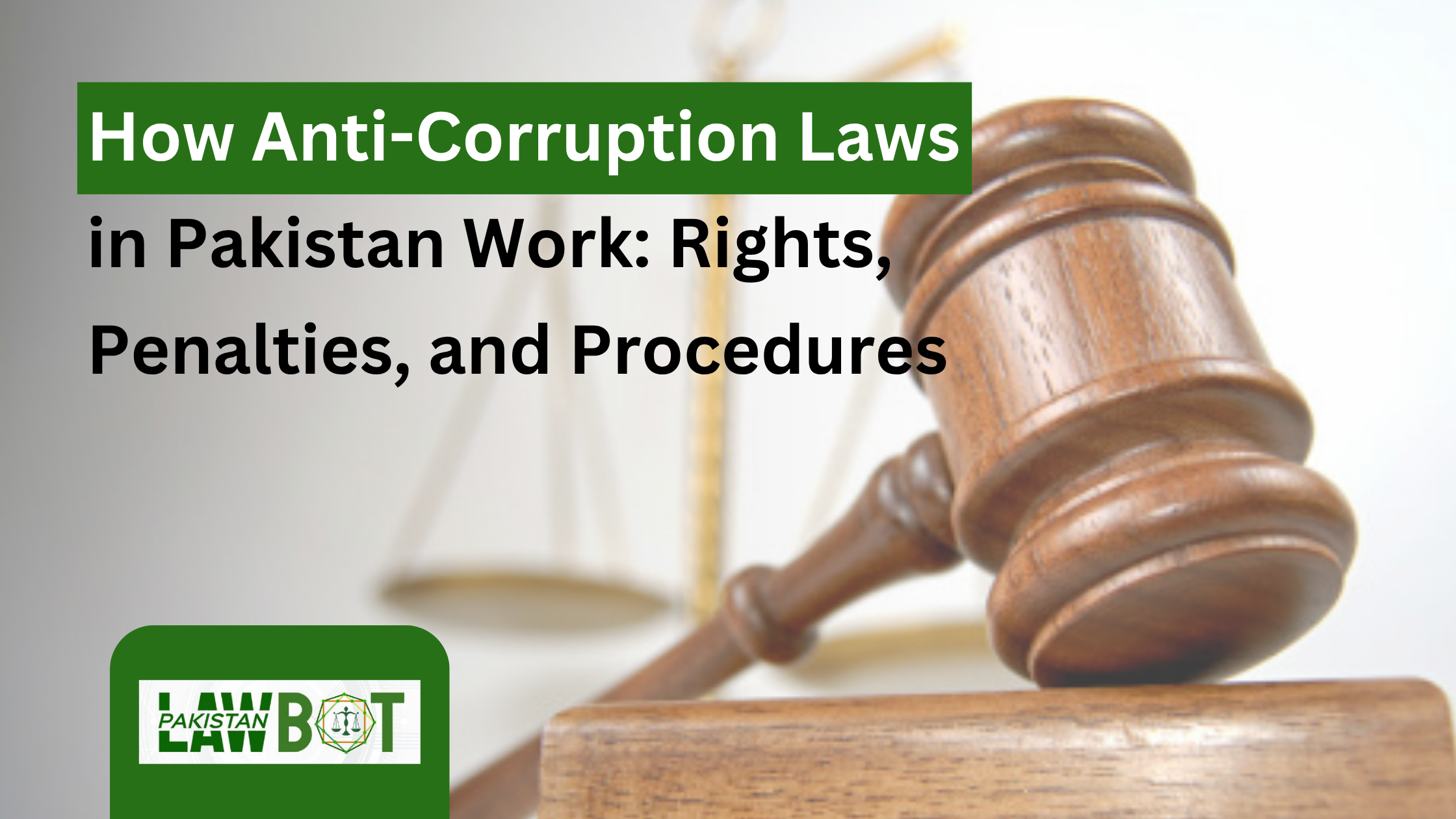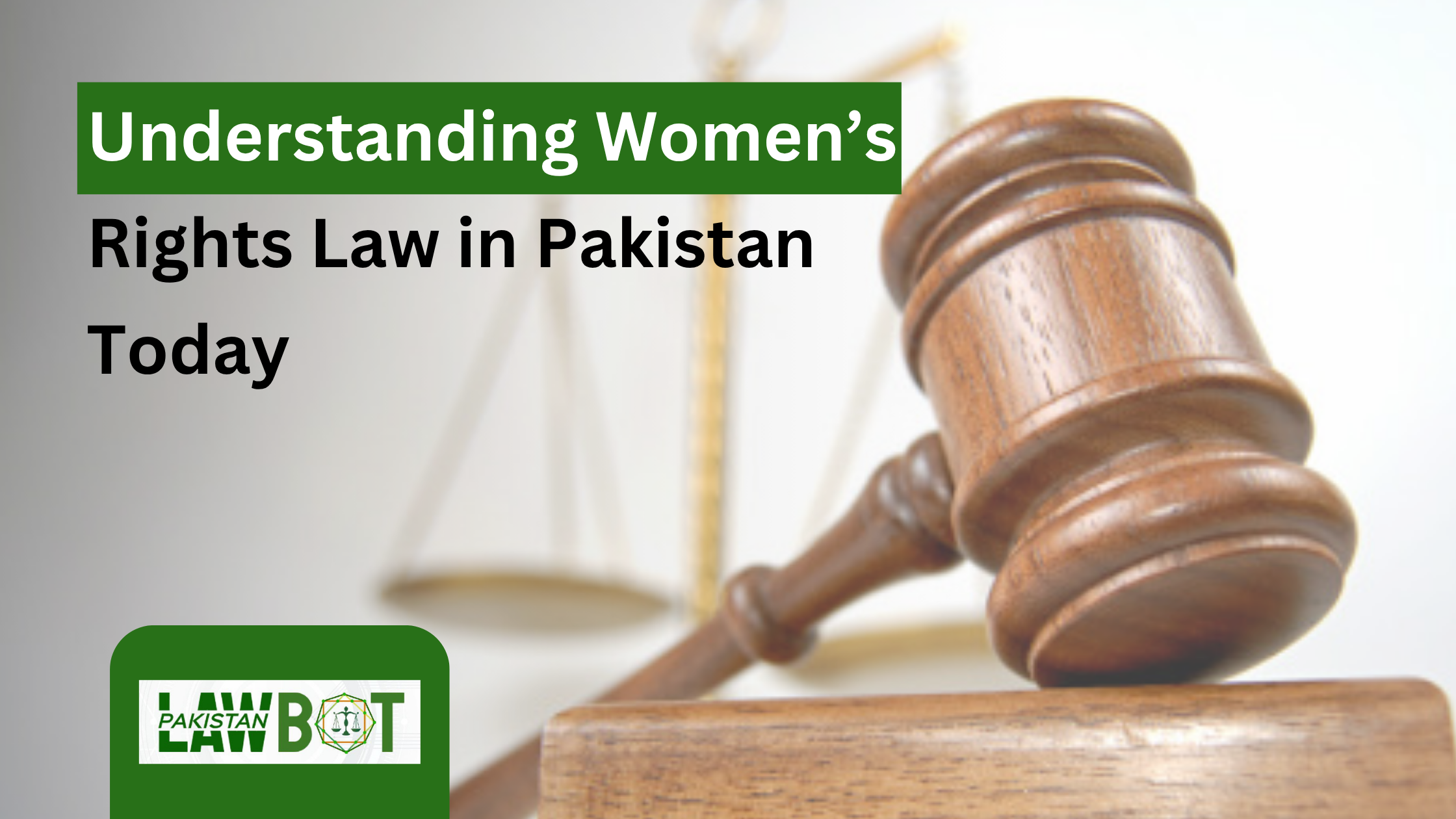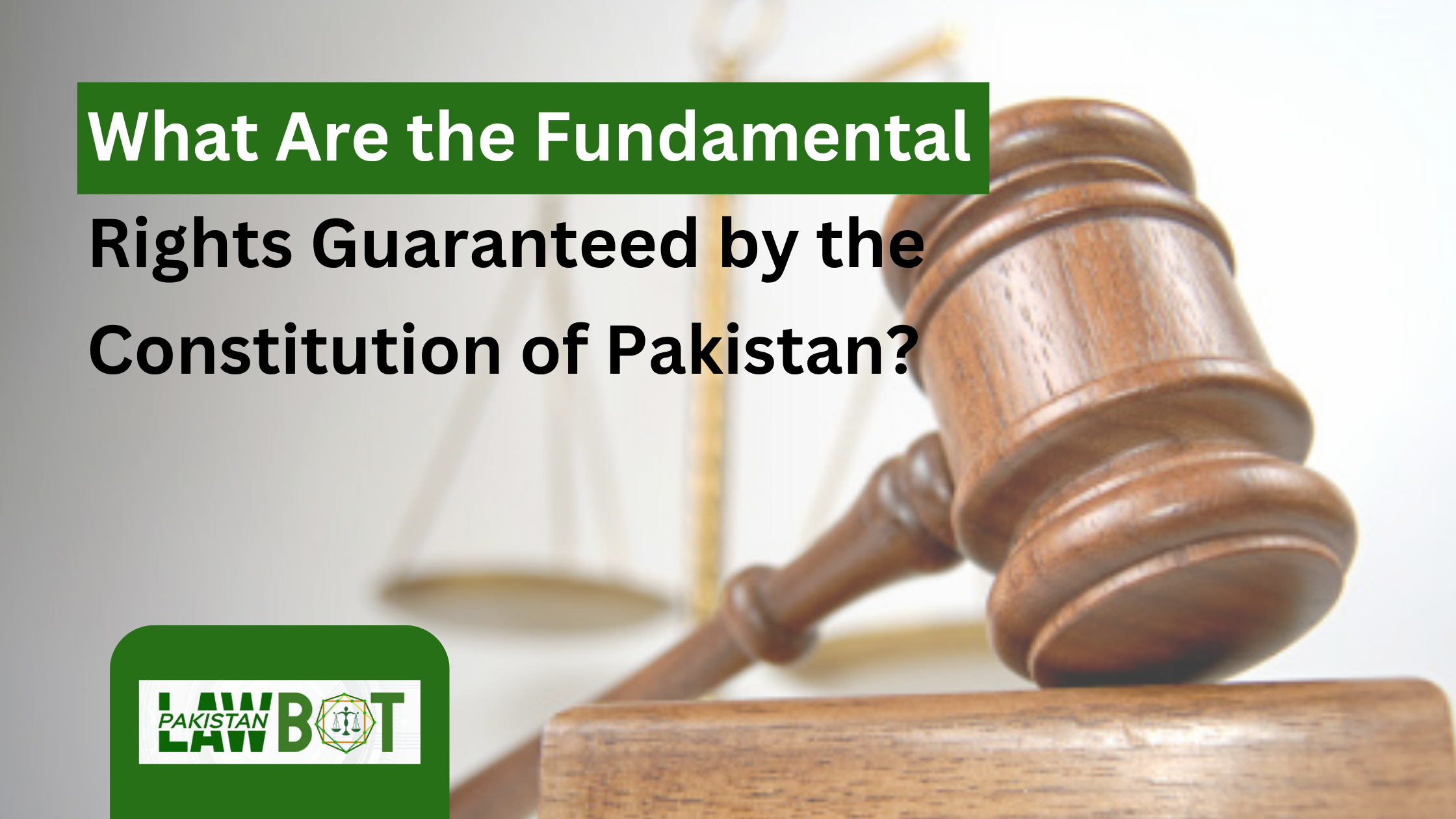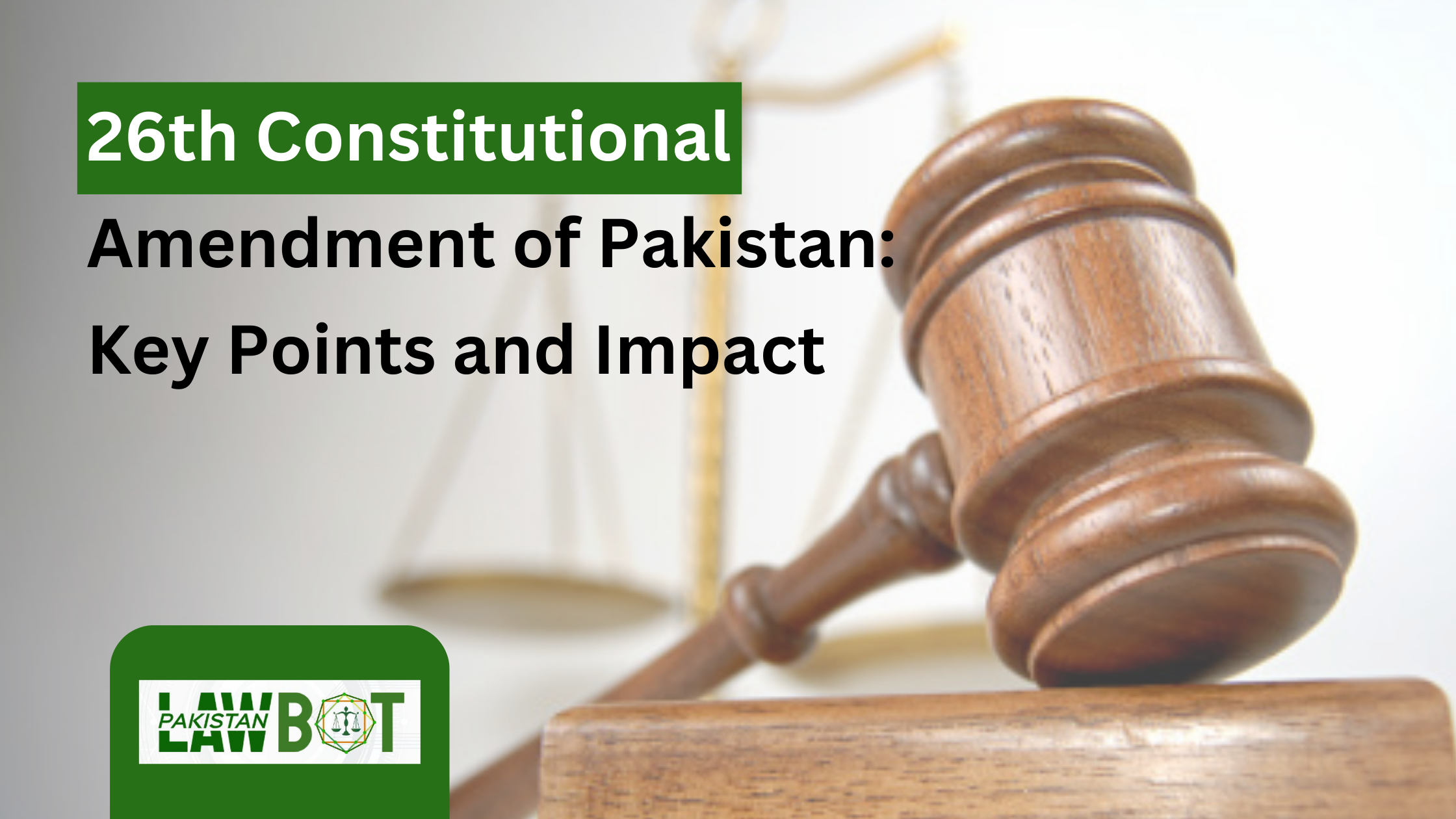Civil law in Pakistan is a cornerstone of the legal system. It governs the rights, duties, and obligations of individuals and organizations in daily life.
Unlike criminal law, which deals with offenses against the state, civil law resolves private disputes. These disputes may involve individuals, families, businesses, or institutions.
From property ownership and contracts to marriage, divorce, and inheritance, civil law provides a fair mechanism to address conflicts. As a result, it plays a vital role in maintaining harmony in society.
Understanding Civil Law in Pakistan
Civil law refers to the body of rules that regulate non-criminal matters. In Pakistan, it is influenced by several sources, including:
-
The Constitution of Pakistan
-
Statutory laws passed by the legislature
-
Islamic law (Shariah principles)
-
Judicial precedents and case law
Because of this diverse foundation, the civil justice system ensures that individuals and organizations can seek remedies when their rights are violated. For example, civil courts often hear cases related to property disputes, contracts, and family matters.
Civil Law vs. Criminal Law
Civil and criminal law differ not only in scope but also in purpose.
-
Civil Law: Primarily deals with private disputes such as land ownership, marriage issues, or contractual obligations. Its goal is to compensate, enforce rights, or prevent harm through injunctions.
-
Criminal Law: Focuses on crimes against the state or society, including fraud, theft, or murder. The aim is to punish offenders through imprisonment or fines.
Therefore, civil law protects personal rights, while criminal law safeguards collective order and safety.
Sources of Civil Law in Pakistan
Civil law draws authority from multiple sources that complement one another.
The Constitution
As the supreme law, the Constitution guarantees fundamental rights such as equality before the law, property ownership, and family protection.
Statutory Laws
Parliamentary statutes provide detailed rules for civil matters. Some of the most important include:
-
The Contract Act, 1872
-
The Specific Relief Act, 1877
-
The Limitation Act, 1908
-
The Transfer of Property Act, 1882
-
The Family Courts Act, 1964
Islamic Principles
Because Pakistan is an Islamic Republic, many aspects of civil law follow Shariah. Marriage, divorce, and inheritance matters are closely tied to Islamic jurisprudence.
Judicial Precedent
Higher court judgments serve as guiding principles. Decisions from the Supreme Court and High Courts shape the way lower courts handle similar cases.
Areas Covered Under Civil Law
Civil law spans a wide range of legal fields. Some of the most significant are:
Family Law
Family law governs marriage, divorce, maintenance, child custody, guardianship, and inheritance. Furthermore, the Family Courts Act, 1964 ensures faster resolution of family disputes compared to ordinary courts.
Property and Land Law
Land and property disputes are among the most common in Pakistan. These cases may involve inheritance conflicts, transfer of ownership, or illegal possession. Accordingly, laws like the Transfer of Property Act and the Land Revenue Act provide the framework for settlement.
Contract Law
Contracts are central to business and employment. The Contract Act, 1872 defines what makes a contract valid, explains remedies for breach, and ensures enforceability in courts.
Torts and Civil Wrongs
Although still developing, tort law covers negligence, defamation, and personal injury. This area of civil law provides protection against wrongful acts that cause harm.
Commercial and Corporate Law
Civil law also governs the business sector. Disputes related to partnerships, trade, and intellectual property fall within this domain.
Civil Court System in Pakistan
Civil disputes are resolved in different courts depending on the nature and value of the case.
-
Civil Courts: The entry point for most civil cases.
-
Family Courts: Specialized courts that handle family-related matters.
-
High Courts: Exercise appellate jurisdiction and issue writs for protecting rights.
-
Supreme Court of Pakistan: The final authority that settles appeals and defines legal principles.
Thus, the civil court system ensures a hierarchy where disputes can be escalated if justice is not achieved at lower levels.
Procedure of a Civil Case
A civil case follows a step-by-step process designed to ensure fairness.
-
Filing a Plaint – The plaintiff submits a formal complaint.
-
Summons to the Defendant – The court issues notice to the other party.
-
Written Statement – The defendant responds to the claims.
-
Evidence and Witnesses – Both sides present documents and testimonies.
-
Judgment – The judge delivers a decision based on the evidence.
-
Appeal – Either party can challenge the verdict in a higher court.
Consequently, the system provides both an initial hearing and a right of appeal.
Remedies in Civil Law
Depending on the dispute, courts can grant different remedies.
-
Compensation – Monetary relief for damages or losses.
-
Injunctions – Orders to stop or prevent harmful actions.
-
Specific Performance – Enforcement of contractual obligations.
-
Restitution – Return of property or funds taken unlawfully.
These remedies ensure that justice is not only declared but also enforced.
Challenges in the Civil Justice System
Despite its importance, Pakistan’s civil justice system faces notable challenges.
Cases often suffer long delays, sometimes stretching over several years. In addition, the backlog of pending cases places a heavy burden on the courts.
Another issue is lack of public awareness. Many citizens are not fully informed about their civil rights or legal options. Moreover, high litigation costs discourage people from pursuing justice.
Therefore, reforms such as faster trial mechanisms, better case management, and public legal education are urgently needed.
Why Civil Law Matters
Civil law plays a crucial role in maintaining peace and order in society. It ensures protection of individual rights, promotes peaceful resolution of disputes, and strengthens economic stability through enforceable contracts.
In addition, it secures property ownership, regulates inheritance, and builds stronger family systems. Without civil law, conflicts would escalate unchecked, creating instability in both personal and social life.
Conclusion
Civil law in Pakistan is an essential pillar of justice. It governs family, property, contracts, and business matters, ensuring that disputes are resolved fairly.
Although the system struggles with delays, high costs, and lack of awareness, reforms can strengthen it. As a result, justice would become more accessible and efficient.
By understanding civil law, citizens can better protect their rights and contribute to building a fair and balanced society.

